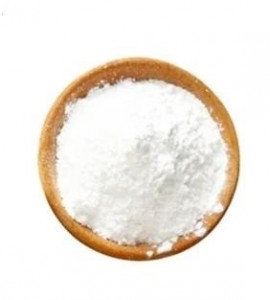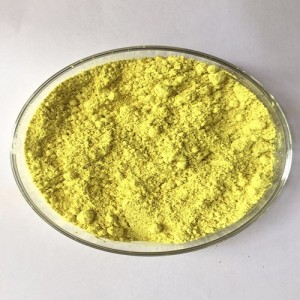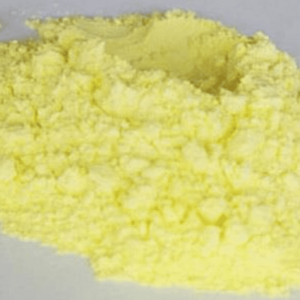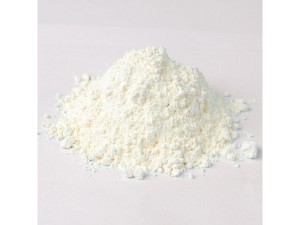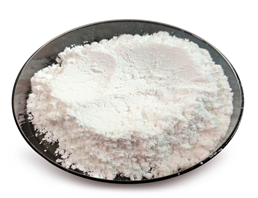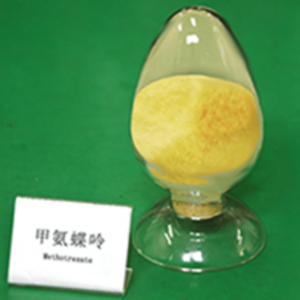| Basic Information | |
| Product name | Bethanechol |
| Grade | Pharma grade |
| Appearance | white powder |
| Assay | 95% |
| Shelf life | 2 years |
| Packing | 25kg/drum |
| Condition | Cool and Dry Place |
Description
Bethanechol is a synthetic ester structurally and pharmacologically related to acetylcholine. A slowly hydrolyzed muscarinic agonist with no nicotinic effects, bethanechol is generally used to increase smooth muscle tone, as in the GI tract following abdominal surgery or in urinary retention in the absence of obstruction. It may cause hypotension, cardiac rate changes, and bronchial spasms.
Bethanechol is an agonist of muscarinic acetylcholine receptors with IC50 values of 1,837, 25, 631, 317, and 393 μM for M1-5, respectively, in a radioligand binding assay using CHO cells expressing the human receptors. It inhibits M2-mediated increases in cyclic AMP induced by isoproterenol in isolated guinea pig small intestine (IC50 = 127 μM). Bethanechol increases basal tone of isolated porcine intravesical ureter (EC50 = 4.27 μM). It also induces fluid secretion in the ileum, duodenum, and jejunum of anesthetized rats when administered at a dose of 60 μg/kg. Formulations containing bethanechol have been used to increase urination and improve smooth muscle tone in the gastrointestinal tract.
Clinical Use
The main use of bethanechol chloride is in the relief ofurinary retention and abdominal distention after surgery.The drug is used orally and by subcutaneous injection. Itmust never be administered by intramuscular or intravenousinjection because of the danger from cholinergic overstimulationand loss of selective action. Proper administration ofthe drug is associated with low toxicity and no serious sideeffects. Bethanechol chloride should be used with caution inasthmatic patients; when used for glaucoma, it producesfrontal headaches from the constriction of the sphinctermuscle in the eye and from ciliary muscle spasms. Its durationof action is 1 hour.
Veterinary Drugs and Treatments
In veterinary medicine, bethanechol is used primarily to stimulate bladder contractions in small animals. It also can be used as an esophageal or general GI stimulant, although metoclopramide and/ or neostigmine have largely supplanted it for these uses.


